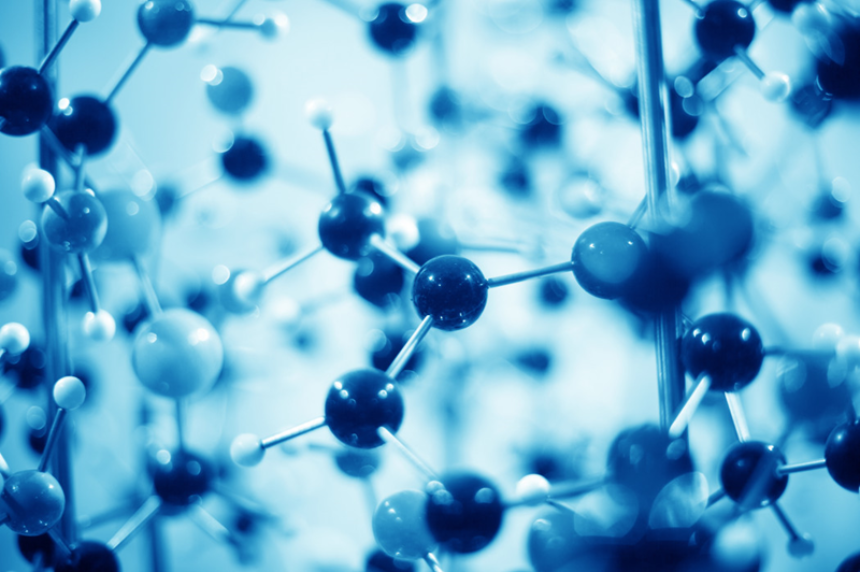The chemical industry becomes sustainable: a Unipd study for the production of pure ethylene uses light as an energy source

An international research team co-ordinated by Dr Francesca Arcudi and Professor Luka Ðorđević of the Department of Chemical Sciences at the University of Padua and Professor Joe Hupp of Northwestern University recently reported an efficient strategy to convert acetylene to ethylene. The study, Photocatalytic Semi-Hydrogenation of Acetylene to Polymer-Grade Ethylene with Molecular and Metal-Organic Framework Cobaloximes, published in the prestigious journal Advanced Materials, represents a sustainable alternative to the process used in industry.
Ethylene, which is the most important chemical in modern industry, with an annual production of around 200 million tonnes, is used for the synthesis of numerous organic compounds and is the basis for the production of more than 60% of all plastics. However, the petrochemical pyrolysis process that is currently adopted for the synthesis of ethylene, with the purification of the product obtained from the transformation of acetylene, requires high temperatures and noble metals (which are expensive and difficult to obtain) as catalysts. It is therefore a chemical process with negative consequences in terms of sustainability, not least because of its limited selectivity, which only allows a partial conversion of acetylene into ethylene.
Arcudi and Ðorđević were the first, in 2022, to find a sustainable alternative to this industrial reaction using light. This discovery has been the subject of two previous publications and two patents, but it is this new study, just published, that represents a significant step forward in terms of the efficiency and selectivity of the ethylene synthesis process. The system reported by the group led by the young researchers from Padova showed surprising results: compared to traditional processes that achieve a selectivity of around 85% for ethylene with a 90% conversion of acetylene, this new system using light achieves a selectivity of over 99.9% for ethylene with a complete conversion of acetylene. Moreover, these efficiencies and selectivities were achieved in only less than one hour of irradiation.
<
<
<<>
This study, which makes a significant contribution to the transition towards a more sustainable chemical industry, was carried out as part of Professor Luka Ðorđević’s recently funded European ERC starting grant project, and Dr Francesca Arcudi’s research projects for the Rita Levi Montalcini programme of the Ministry of University and Research and the STARS consolidator grant that was recently funded by the University of Padua.
For further details, please consult the full text of the publication.
